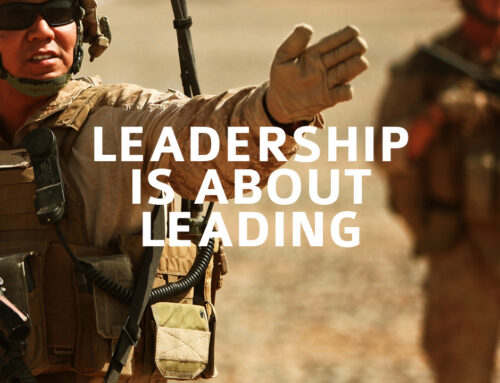
Strategies to Improve How You Deal With Conflict
Conflict is an unavoidable aspect of human interaction. Whether in personal relationships, workplace environments, or larger societal contexts, disagreements are bound to arise. However, the manner in which individuals respond to conflict can profoundly impact the outcomes of these interactions. This article outlines several strategies that can help you navigate conflict more effectively, promoting resolution rather than escalation.
### Understanding Conflict
To address conflicts successfully, one must first understand their nature. Conflict often stems from differences in opinions, values, or needs. It is essential to recognize that these disagreements are not inherently negative; they can offer opportunities for growth, understanding, and improved relationships if handled appropriately.
### 1. Be Direct, But Not Intense
When addressing a conflict, clarity is crucial. Communicating your thoughts or feelings directly can help avoid misunderstandings. However, the tone in which you convey your message is equally important. Being direct does not necessitate being aggressive. A calm, composed demeanor can facilitate open dialogue, allowing all parties to express their viewpoints without fear of backlash or escalation.
Using “I” statements rather than “you” statements can be a useful technique here. For instance, saying, “I felt overlooked during the meeting,” rather than, “You ignored me during the meeting,” shifts the focus from blame to personal experience. This approach fosters a more constructive atmosphere, encouraging the other person to engage rather than go on the defensive.
### 2. Know the Culture
In our increasingly globalized world, it is vital to consider the cultural context in which a conflict occurs. Different cultures have varying norms related to communication, confrontation, and resolution. Understanding these differences can significantly improve your ability to manage conflict.
For example, in some cultures, indirect communication may be preferred, where individuals avoid open confrontation in favor of a more subtle approach. In contrast, other cultures may value straightforwardness and assertiveness. By being aware of these cultural nuances, you can tailor your communication style to resonate with the other party, thereby facilitating a more effective resolution process.
### 3. Be Consistent
Consistency in your responses and behaviors is critical when dealing with conflict. When individuals know what to expect from you, it creates an environment of trust and safety. Inconsistent reactions can confuse others and escalate tensions, as they may feel uncertain about how you will respond to their concerns.
Establishing clear boundaries and expectations can contribute to a stable environment where conflicts are less likely to arise. Additionally, repeat patterns of behavior can help build reliability in your conflict resolution approach, encouraging others to engage in more constructive dialogues.
### 4. Ask Questions
Dialogue is a two-way street. Encouraging open communication not only allows you to express your views but also invites others to share theirs. Asking open-ended questions can be an effective way to draw out information and foster understanding. Phrasing questions such as, “Can you help me understand your perspective?” demonstrates a willingness to listen and consider the other person’s feelings.
Active listening is key to this process. It involves fully concentrating on what is being said rather than preparing your next response. By doing so, you validate the other person’s experiences and pave the way for a more empathetic resolution.
Conflict, while often uncomfortable, can serve as a valuable catalyst for communication and understanding. By employing strategies such as being direct yet composed, recognizing cultural differences, maintaining consistency, and engaging in meaningful dialogue, you can improve how you deal with conflicts in both personal and professional realms. These approaches can transform potential disputes into opportunities for growth and collaboration, fostering healthier relationships and a more harmonious environment.
Navigating conflict is not always easy, but with a thoughtful approach and a commitment to understanding, it is indeed manageable. Through refinement of these strategies, individuals can enhance their interpersonal skills, ultimately leading to more productive and satisfying interactions.








